How Do Credit Cards Work
1. What is a Credit Card
Credit cards are a way to borrow money from a bank or other financial company. When you use your credit card to buy something, you are borrowing the money from the credit card company to make the purchase.
The company will tell you exactly how much you can borrow on your card when you sign up, known as the credit limit.
What is an APR?
Every month, the credit card company will send you a statement listing how much you spent on your card.
If you pay everything off at once, you won’t owe any extra money to the credit card company.
If you don’t pay everything off, the credit card company will start charging interest on your outstanding balance.
The interest rate they charge is called the Annual Percentage Rate, or APR. The APR for your card will be clearly listed on your account statement. The higher the APR is on your account, the more you’ll owe in interest on your balance for not paying off your purchases.
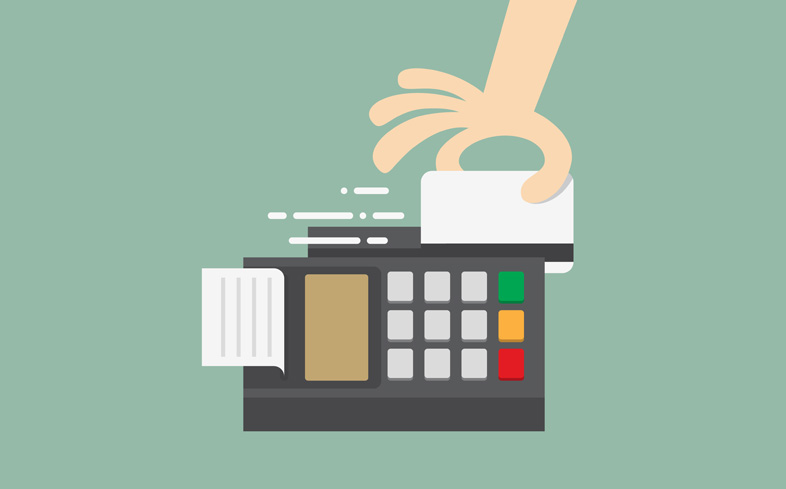
Understanding credit reports
When you use a credit card, you build up your credit history. Credit rating agencies track things like how many loans and credit cards you have, how much you owe in debt, and whether you make your payments on time for your history.
This information shows up on your credit report, a document lenders review before giving you a loan.
Your credit score information is also on your report. This is a number from 300 to 850 that reflects your risk as a borrower.
A higher score helps you qualify for more loans and at lower interest rates. You can improve your credit score by always making your credit card payments on-time and keeping the balances on your cards low.
2. Types of Credit Cards/Rewards Credit Cards
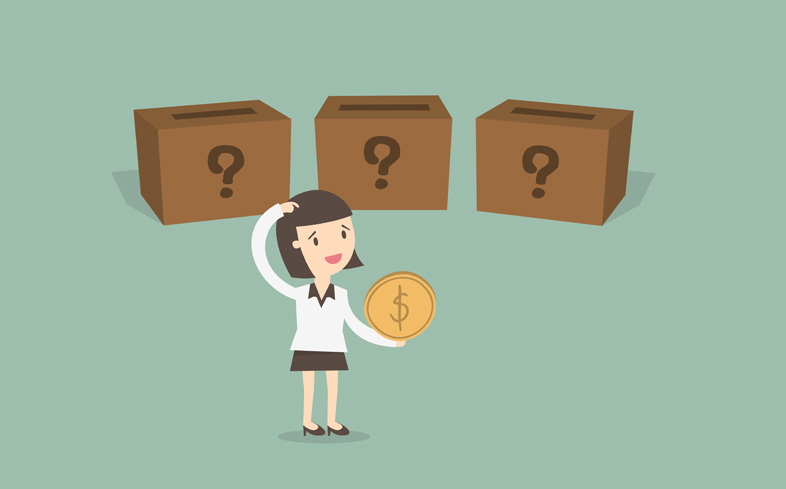
Travel credit cards
Travel credit cards are one of the more common types of credit cards. Some travel cards partner up with major airlines so you earn miles and free flights whenever you use your credit card.
Others connect with hotel chains so you earn free hotel nights by using your credit card.
Other rewards credit cards
Cash back credit cards are also popular. When you buy something on these cards, the credit card company sends you a small amount of that money back, usually 1 to 5 percent.
There are also store credit cards which partner up with various retailers to earn store discounts.
Some of these credits cards have no annual fee while others charge a fee each year you’re a cardholder. Cards that charge an annual fee tend to have higher rewards, so this is a tradeoff.
Balance transfer credit cards
If you’ve built up some credit card debt that you can’t pay off, a balance transfer card can help.
These cards charge very little or no interest on your account balance making it easier to pay off the debt. You can transfer over the balance from another account to take advantage of this introductory rate.
Secured credit cards
If you have weak or no credit history, you might not be able to qualify for regular credit cards.
A secured credit card helps build credit. You make a deposit of cash to the credit card company when you sign up so it’s like a prepaid credit card that still builds credit.
Student credit cards
Student credit cards are meant for college students who don’t have much credit history. These cards usually have low credit limits and don’t offer much in rewards but they are easier to qualify for.
3. What Kind of Credit Card Should You Sign Up for?
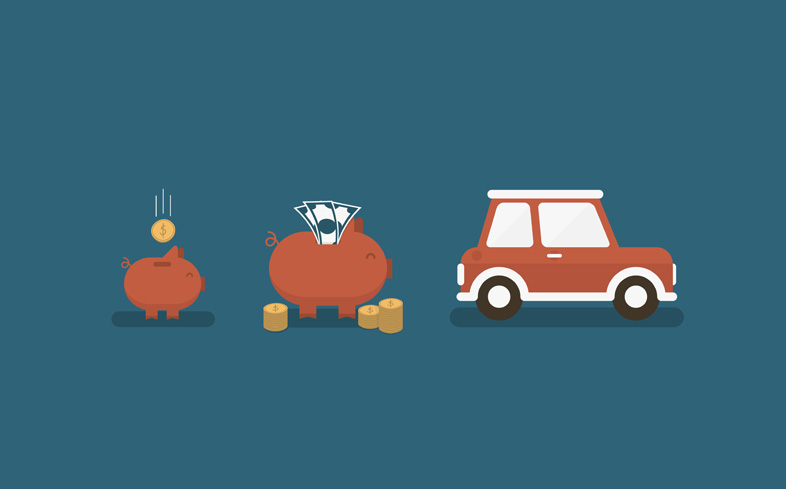
Lifestyle
When you’re picking a credit card, look for a program that matches up well with your lifestyle.
If you enjoy traveling, an airline or hotel travel card would be a good choice.
If you don’t always pay off your balance each month, look for a low APR so you can lower the amount you’ll pay in interest.
If you’re looking for a way to save some money, a cash back card could be a good choice.
Different cash back cards also offer better deals for different categories like gas or grocery shopping. The best credit cards for you should have a high cash back rate on something you buy often.
Frequency of use
How often do you plan on using your credit card?
If you put nearly everything on your card, it could be worth investing in a card with an annual fee that has better rewards.
You’ll make the fee back in extra bonuses on your credit spending. On the other hand, if you plan on using your card rarely, a no-fee credit card probably makes more sense.
Credit rating
Opening a credit card isn’t totally up to you either. When you’re applying for a credit card, the credit card company will review your credit rating to decide whether to give you a card.
Some of the more expensive, specialty credit cards require near-perfect credit scores of 700 or higher.
Most reward cards aren’t this strict but they still don’t accept everyone.
If you’ve had credit problems or have no credit history, you might not be able to qualify for any reward cards and should look for a secured card to start building your score.
4. Potential Disadvantages of a Credit Card vs. Benefits of Using a Credit Card
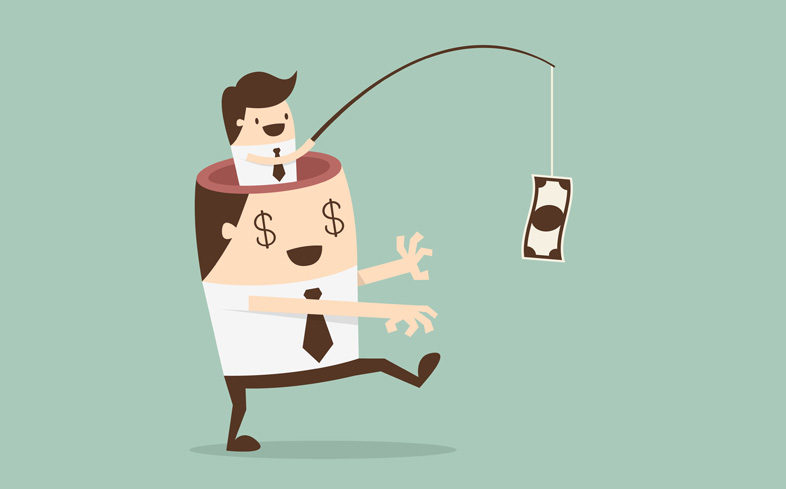
Why people stay away from credit cards
Some people are scared to open a credit card because they’ve heard of people getting into serious trouble with credit.
It’s true. Bad credit problems do come up. Some people make purchases they can’t afford and spend years paying off debt.
If you miss payments, the credit card company will charge you extra fees. Sometimes, credit cards get stolen and criminals will buy things on your account.
This all sounds scary but you can easily avoid all these problems with some planning and discipline.
You can avoid getting into debt by setting a budget. You can avoid penalties by keeping track of exactly when your monthly payments are due.
Also, if your card ever gets stolen, you aren’t responsible for the charges. Just keep an eye on your account so you catch the theft quickly.
Why use a credit card
The benefits of good credit outweigh the risks for most people because a credit card is one of the easiest and fastest ways to build a good credit score.
What is a good credit score really depends on who’s asking but anything over 700 is considered “good.”
You can get here pretty quickly just by making your monthly payments on time and not maxing out your credit cards.
A good credit score will help you qualify for a mortgage or car loan. Without building credit, you might never qualify for these loans.
Landlords and employers also review your credit score so building credit can help you get a job or apartment.
Finally, many credit cards offer generous reward programs so you can earn bonuses for your exact same spending habits. You can get these good credit benefits pretty well for free as long as you use your card responsibly.
5. Credit Card Fees to Be Aware of
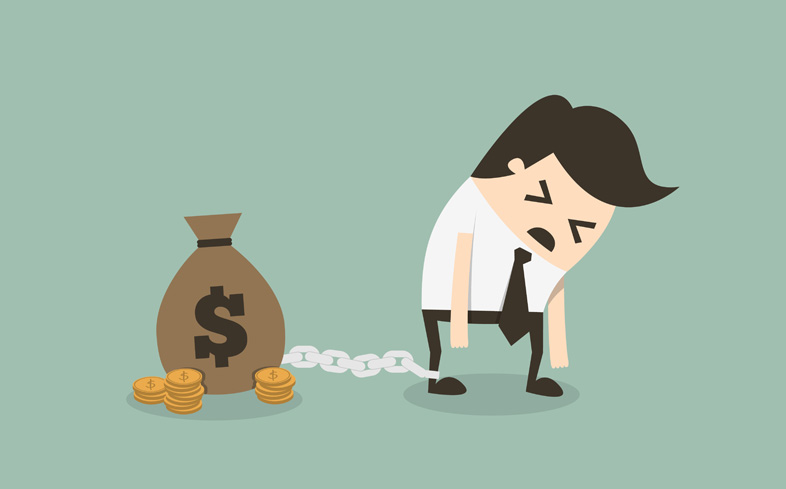
Credit card annual fees
Many reward credit cards charge an annual fee. You need to pay these common credit card fees every year to stay enrolled. Some cards waive the fee for the first year. If you don’t want to pay an annual fee, there are plenty of no fee credit cards.
Interest fees
If you don’t pay off all your purchases by the end of your monthly billing cycle, you’ll owe interest.
The credit card company calculates your monthly interest using your card’s APR. Also, you need to make at least the minimum payment listed on your statement. Otherwise, the credit card company could charge you an extra penalty and increase your APR.
Over-the-limit fees
Your card has a limit to the amount you can borrow.
If you make a purchase that pushes you over the limit, the credit card company could accept the purchase but charge you an extra over-the-limit fee which can be $35 or more per transaction.
Credit cards don’t automatically do this. You have to give the company permission to allow purchases that go over your credit limit, otherwise, the purchase will just get denied.
Balance transfer fees
When you transfer a balance to another credit card, you might need to pay an upfront balance transfer fee.
This will be a percentage of the amount you move over, typically 3 percent of the balance. These credit card fees can cancel out the benefit of a balance transfer.
Credit card processing fees
When you buy something with credit, the store needs to pay a credit card transaction fee. This is why some merchants charge you more if you pay by credit.

